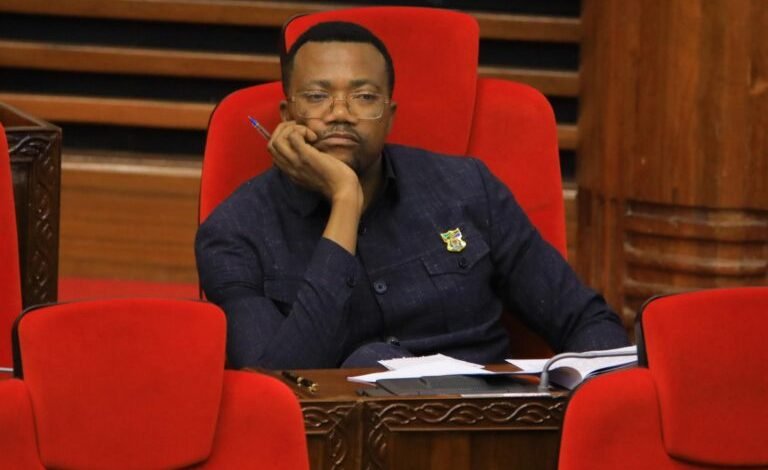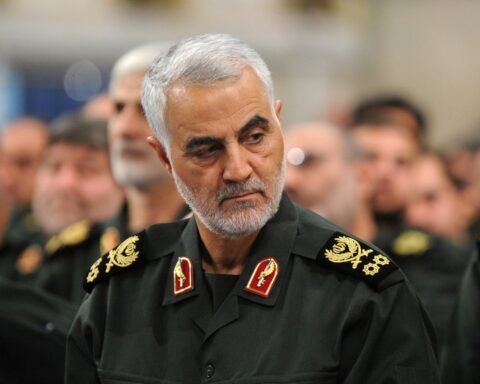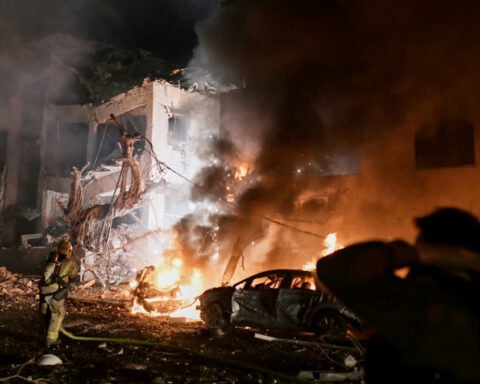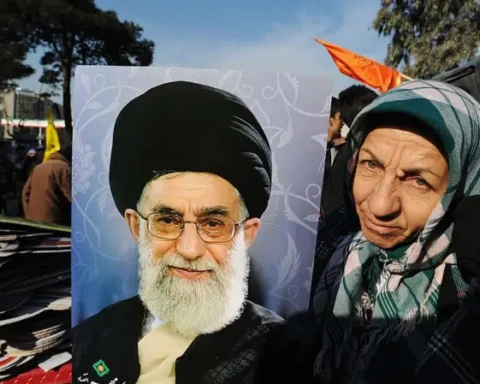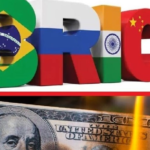Member of Parliament Luhaga Mpina told President Samia Suluhu Hassan that his constituency is still waiting for critical development funds—money that he believes is long overdue.
The rally was part of President Samia’s ongoing regional tour across the Simiyu Region, located in northwestern Tanzania. While the tour aimed to showcase government successes and hear from local leaders, Mpina used the occasion to make an urgent case for Kisesa.
“Let those who claim they’ve received all their funding step aside—redirect that money to Kisesa,” Mpina told the president, to thunderous applause from residents.
He emphasized that Kisesa still has several stalled infrastructure projects, including roads, healthcare centers, and schools. His remarks quickly circulated on social media and sparked a public conversation about unequal distribution of resources across constituencies.
Cotton Monopoly Raises Red Flags
Mpina also criticized Tanzania’s current cotton procurement model, where farmers sell their harvests to only one approved buyer under a monopsony system. He warned that the system lacks competition and exposes farmers to risk if the sole buyer fails to meet payment obligations.
“This single-buyer model might collapse the entire sector if that buyer runs into financial trouble,” Mpina said, calling for urgent reform in the agricultural marketing system.
Tanzania is among Africa’s top cotton producers, particularly in the Lake Zone which includes Simiyu. However, the marketing model has drawn criticism from stakeholders who say it discourages price competitiveness and delays payments to smallholder farmers.
Despite his criticisms, Mpina also took time to applaud President Samia’s decision to establish a Tax Reform Commission—a move he said brings “renewed hope” for ordinary citizens and business owners alike.
The commission’s formation signals the government’s intention to review Tanzania Revenue Authority (TRA) systems, close loopholes, and create a fairer tax environment. Tax issues have long been a pain point for Tanzanians, especially the business community, which has often complained of over-taxation and inefficient collection systems.
Shortly after Mpina’s speech, President Samia addressed the rally, appearing to caution against political “grandstanding.” Agriculture Minister Hussein Bashe, who was also present, reportedly countered Mpina’s criticism, urging for party unity and encouraging MPs to raise such matters through institutional frameworks, not public rallies.
Also Read; G7 Condemns Iran, Backs Israel Amid Conflict
These exchanges have highlighted ongoing tension within the ruling party, Chama Cha Mapinduzi (CCM), as internal disagreements on policy delivery and public communication continue to surface.
Mpina’s political career spans nearly two decades. A former Minister of Livestock and Fisheries under President John Magufuli, Mpina has built a reputation for being outspoken, especially on issues affecting rural communities and economic justice.
His latest remarks reflect a growing demand among Tanzanian lawmakers for more transparency in how national resources are allocated—especially in marginalized and rural constituencies.
“We’re not asking for favors—we’re asking for our right,” he concluded, vowing to keep fighting until Kisesa’s projects are funded.
Mpina’s bold stance is a microcosm of broader concerns in Tanzania: development imbalances, farmer vulnerability, and the push for tax justice. His public confrontation—whether seen as brave or confrontational—has opened a window into the growing frustration in areas that feel left behind.

